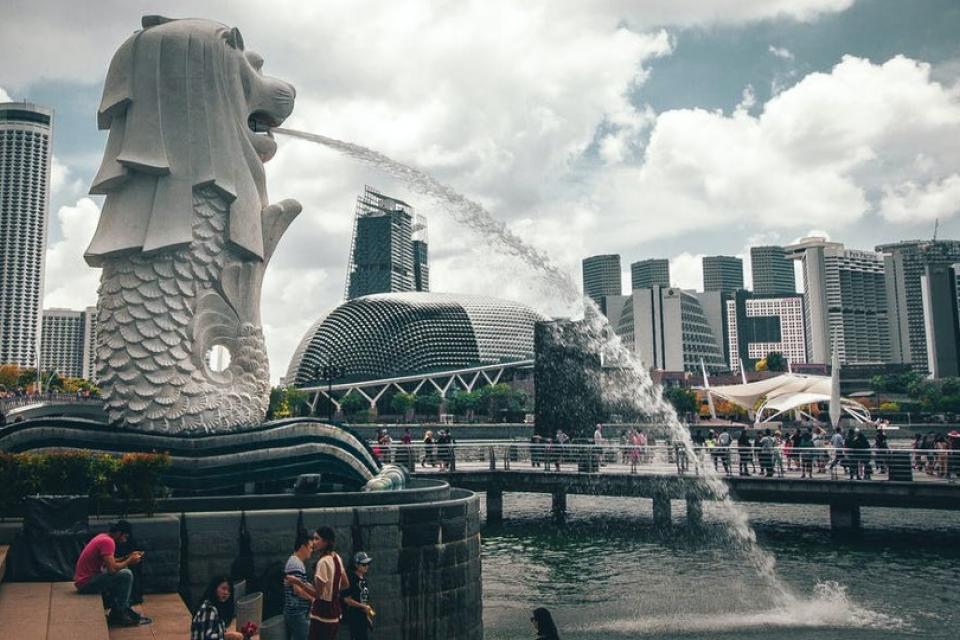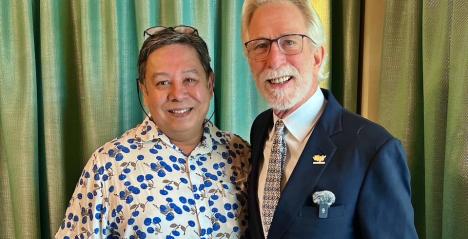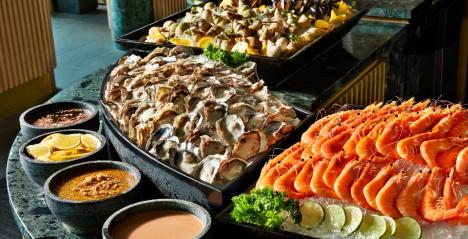Singapore is one of the smallest countries in the world, with a land area totalling a mere 682.7 square kilometres—no less than 15,000 times smaller than the United States.
Don’t let its tiny size fool you, however; there are many reasons that the island city-state has come to occupy a place of great prominence in the international community over time. Singapore is well-recognised, for instance, as one of the richest and most highly developed countries in the world. Most people the world over will have also at least heard of the high levels of public cleanliness, security, and safety Singaporeans enjoy and work hard to maintain.
If you and your family have newly moved to Singapore, you may think you know what to expect, especially when it comes to the city’s many virtues. You’ll soon find, however, that the Lion City doesn’t lack for surprises to keep new residents on their toes. Read on for just a few unexpected facts about Singapore that will help and delight you by turns as you settle into your new home.
Consistently High-Quality Education
A large part of Singapore’s success has historically rested on the quality of its education. For many years, Singaporean schools and universities have numbered among the most awarded and highest performing educational institutions in the world. If you’re an expatriate parent who has been searching online for “international school Singapore,” you’ll be glad to know that you won’t lack for options when it comes to securing top-tier education for your child. Many such institutions can now be found all over the island and are often well-tailored in large part to the needs of the expat community.
What is possibly surprising, however, about Singaporean education is how the high quality of teaching and learning delivered remains fairly consistent among different schools. Students generally study the same, or at least similar, syllabi and tend to experience comparable methods of instruction whether they are enrolled in public and private institutions. This approach is due mainly to the fact that Singapore’s Ministry of Education plays an active part in the development of school curricula, examinations, and recommended pedagogical approaches.
Large Expatriate Population
When you move to Singapore from overseas in pursuit of professional or educational opportunities, you’ll soon find that you’re nowhere near alone. More than one quarter of Singapore’s active workforce currently consists of workers from overseas. More specifically, Singapore’s expat population was recorded to have hit 1.64 million residents in 2020, making up almost 29% of the country’s total population. It’s likewise worth noting that expatriate presence in the city remains strong in spite of the COVID-19 pandemic leading to job losses and mass-relocations for many foreign workers.
Due to the presence of such a large community, expatriate life in Singapore tends to be characterised by a simultaneously familiar and international energy. You’re just as likely to meet people from your home country as you are to encounter people from all sorts of unfamiliar parts of the world. It’s also commonplace for individuals and families from the same place of origin to connect with one another and provide each other with companionship and support.
Highly Multicultural Environment
By a similar token, Singapore’s native population is itself highly diverse, and Singaporean culture can be described as a melting pot of many discrete cultural influences. For example, the country has no less than four official languages, namely Chinese, English, Malay, and Tamil. And while English is the primary medium of communication in schools and workplaces, the colloquial dialect Singlish features prominently in most informal everyday interactions between Singapore residents.
The racial and ethnic diversity that characterises Singaporean society gives rise to a generally tolerant and hospitable culture. Individuals of disparate identities and backgrounds are comfortably accommodated in most settings, which is certainly good news for expats and foreign students. Living in the city thus also provides ample opportunities for those interested in learning about other cultures in an international setting.
Abundant Greenery
It’s common for Singapore to be perceived as a highly technologically advanced, near-futuristic city. It can be surprising for many to learn that, in spite of this, Singapore also remains one of the greenest cities in the world. In fact, nearly half of the main island’s land area is covered with lush vegetation. Well-maintained parks and gardens abound throughout the city, and Singapore’s nature reserves likewise brim over with rich biodiversity. It’s said that the famed Bukit Timah Nature Reserve, for example, houses more plant and tree species than the entirety of North America.
The exemplary quality of life in Singapore alone makes it an attractive place to live, work, and study for individuals from all over the world. One of the island’s greatest charms, however, is that it never ceases to surprise new and longtime residents alike. Wherever you may have come from and whatever you might need from your time in this city, life in Singapore is sure to be an enriching experience in more ways than one.











